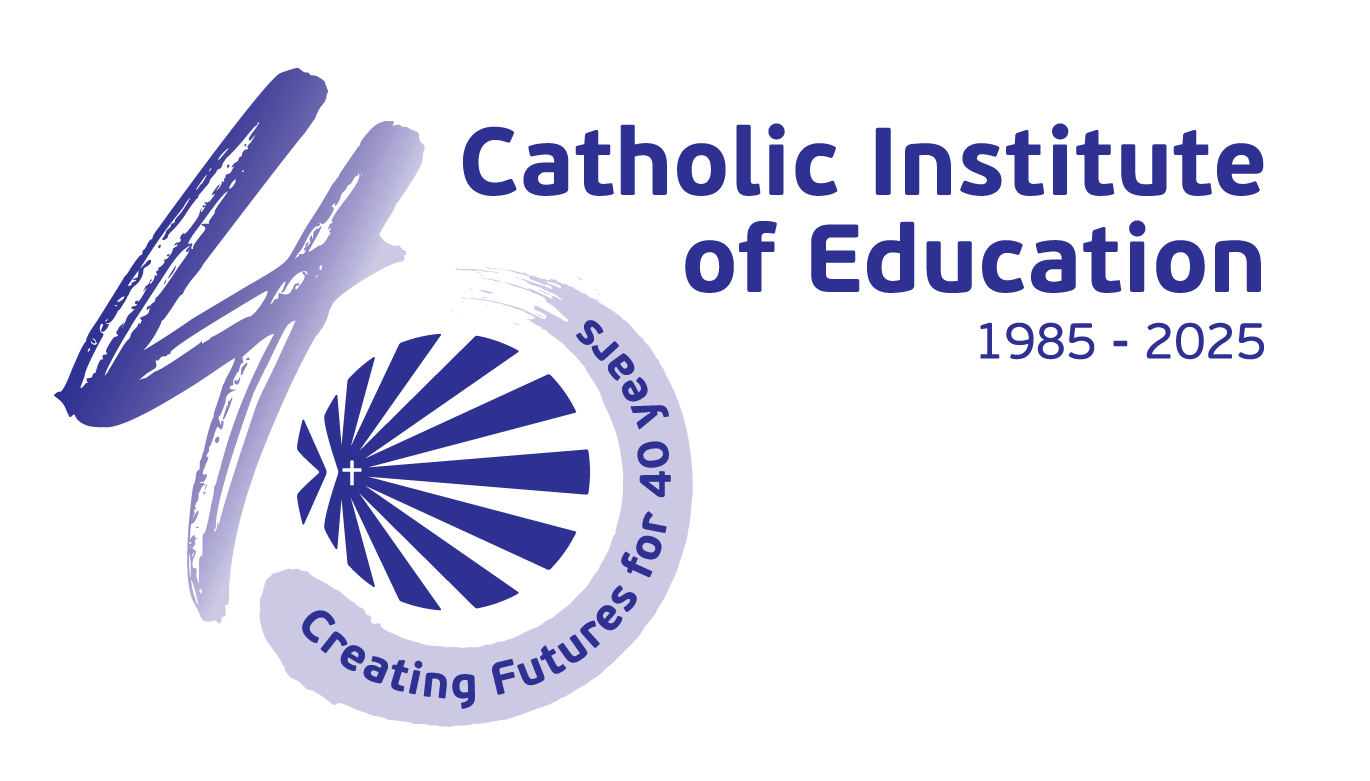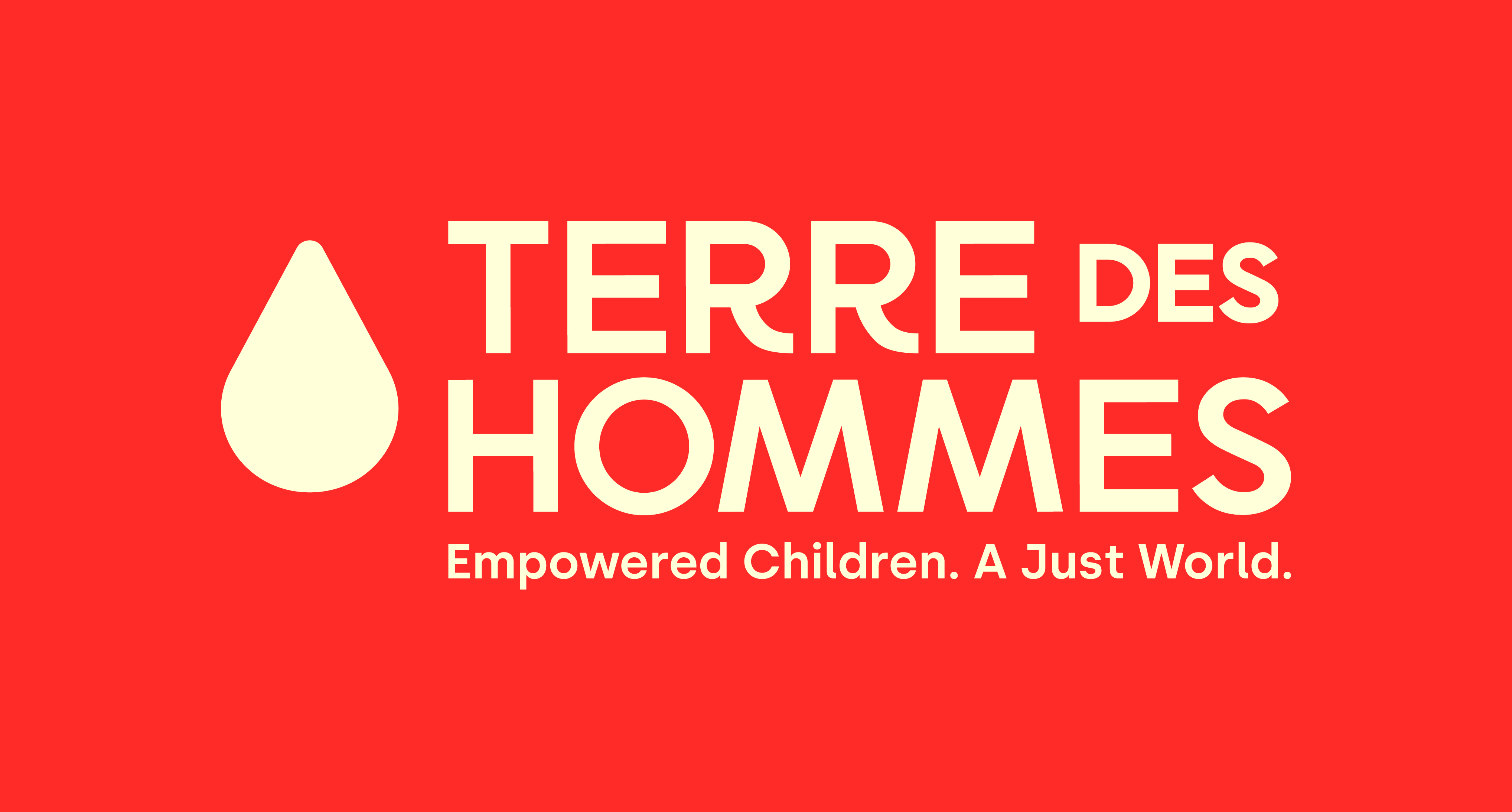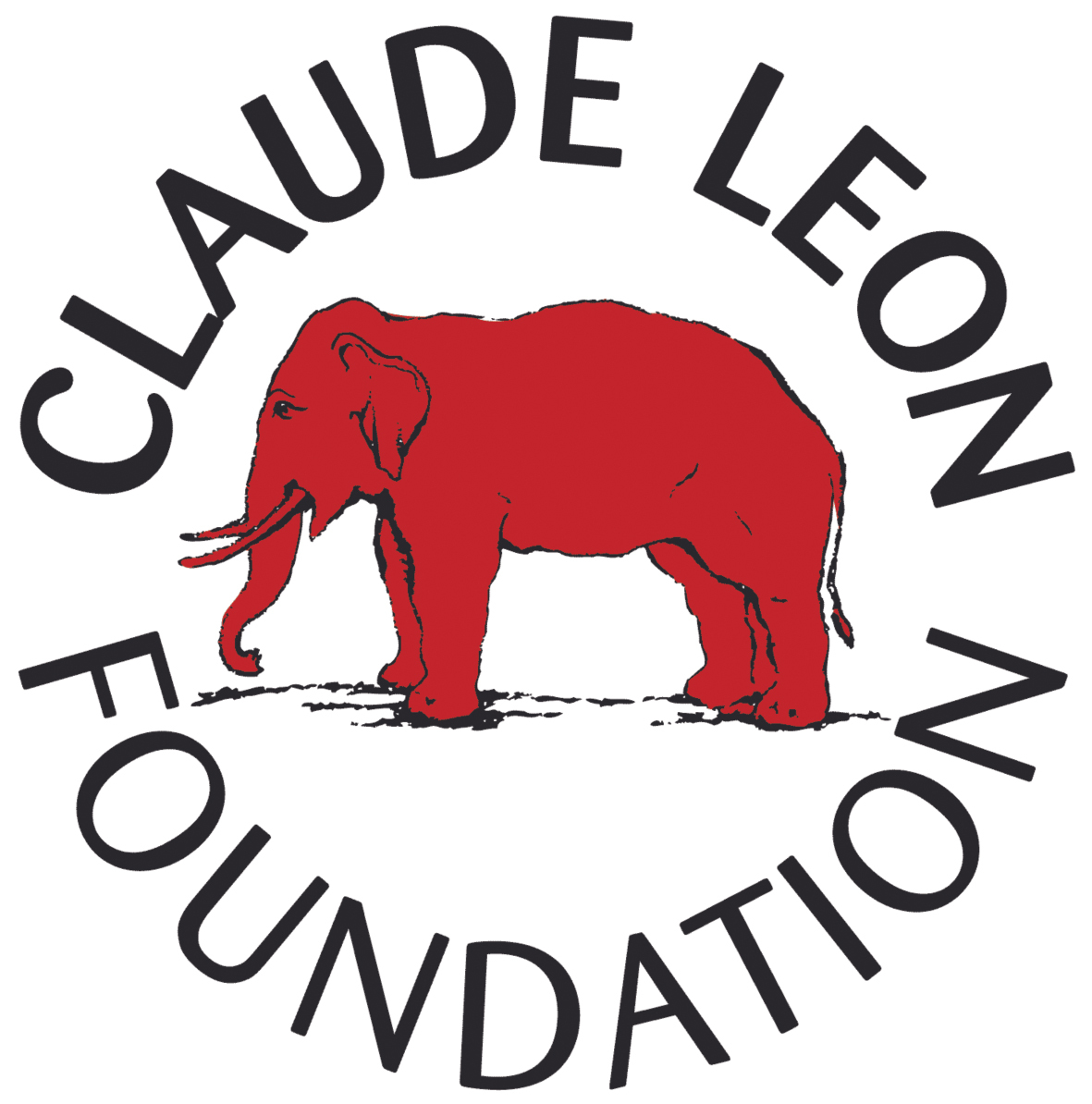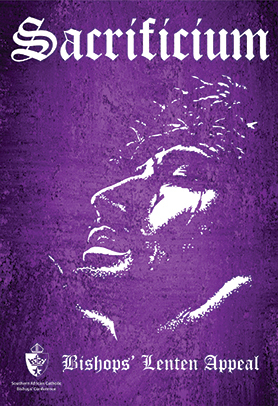Programmes
Our national offices are in Johannesburg and we have six regional offices that serve schools in the Free State, Limpopo-Mpumalanga, the Northern Cape, North West, KwaZulu-Natal (Kokstad) and the Eastern Cape (Umthatha and Komani). We have also worked by invitation in Lesotho and Eswatini.
In other parts of South Africa, we work in partnership with the Catholic Schools Offices in KwaZulu-Natal, Eastern Cape (Port Elizabeth), Western Cape and Gauteng.
We deliver programmes in fulfilment of the 5 Direction Statements adopted at the 2019 Catholic Schools Congress
Catholic Education Today & Tomorrow: Ethos & Identity
We help schools to understand their Ethos and build peace through caring for all members of the school community.
CIE's Child Safeguarding focus underlies all work in the schools since 2013, firstly through ongoing training of all school staff in the Child Safeguarding Policy and then through capacity-building of Designated Child Safeguarding Persons in each school, whose role it is to respond to cases of abuse.
The Building Peaceful Schools Programme works to improve school climate through interventions with school leaders, teachers, learners and parents to ‘do discipline differently’ and make schools into places of safety and peace where learning can happen more effectively. Key aspects of this work include: a set of 17 workshops for Teachers in schools covering a range of topics; a Peer Mediation programme for learners; a Parental Engagement programme to encourage peaceful parent-child relationships; Leading Restorative Justice work with Principals and other school leaders; and 10 years of school climate surveys conducted in an action-research mode with 50 000 learners and 4 000 teachers.
The School Ethos Committee Programme works to develop each school’s sense of identity, leading to improvements in care for learners and teachers.
Through the Education Access Project (EAP), Learners in Catholic schools in the most marginalised areas of the country are assisted with school uniforms, meals and fees, to ensure that they can continue going to school.
We also work increasingly with teachers and learners in our Mental Health Programme, where we offer people in each school training and skills to cope with the increasingly difficult conditions under which they live and work.
Religious Education: Educating the Heart, Mind & Soul
Religious Education is a core part of every Catholic school, as a part of its distinctive Ethos. Whenever someone steps into a school in the Catholic network, there is a shared experience of Religious Education as much as there are religious symbols and the celebration of feast days and the Mass. RE is a place for thought, for exploration of faith and the traditions of the church, and adeepening understanding of the wisdom and teachings of two millennia of faith shared by more than a billion people around the world. Whenever CIE’s Regional Managers visit schools in the network, one of their key points is a discussion of Religious Education. Often this means that they meet with the RE Coordinator, and sometimes they observe lessons and have deep discussions of the ways that the teaching of RE can respond to the increasingly complex world of the 21st Century. After all, with only 20% of the learners in schools being Catholic, it is essential that the school be open to all expressions of faith.
Liberating Education: the Catholic School response to the needs of the 21st Century
The work in fulfilment of Direction Statement 3 is aimed at Liberating Education: the Catholic School response to the needs of the 21st Century. While Direction Statements 1 and 2 lay the foundation and create the conditions for Catholic education, the work in this area is what builds the future – it focuses on the classroom, on the critical interface between the teacher as facilitator and mediator of knowledge and the learner as the critically responsive interpreter of the world around us at it evolves and changes with every step.
One of the core programmes in this part of our work is Peer Mediation, which also aligns closely with the first Direction Statement. Since 2016, this programme has grown steadily from an initial seed in Limpopo and Gauteng, which is now a part of work in every one of CIE’s Regional Offices. When people think of 21st Century Skills they might think only of using Generative Artificial Intelligence or other Information Technology, but the latest studies indicate that, in the face of the rapidly changing employment landscape, the skills of the future are actually things like critical thinking, creativity, communication, and collaboration (sometimes called the 4 Cs) – and this is exactly what the Peer Mediation programme fosters in learners all over the network. They are trained to be more self-aware, practise active and empathetic listening, communicate more clearly with their peers and work together to reduce conflict before it escalates to involve teachers.
Governing and Leading Catholic Schools towards tomorrow: Ethics, stewardship, empowerment and collaborative practice
While the first three Direction Statements focus on what happens in the classroom, and how that is based in the Ethos of each school, this part of the CIE’s work is primarily with those ‘in charge’ of the school – in all senses of that phrase.
Leadership is of primary importance and the Principal, the Head Teacher, the Headmistress or Headmaster – whatever you call them, in whichever language your school prefers – is the person who is charged with making sure that each school works on a day-to-day basis and fulfils its vision and mission as a Catholic school. It involves high levels of responsibility and therefore stress. The Principal is CIE’s primary contact point in every school and it is this relationship which needs to be developed, nurtured and most importantly supported. At every visit, the first office we visit and the first conversation we have is with the principal.
We also work closely with each school's Governance structure. While the Management of each school is up to the Principals and their teams, the other crucial aspect is the oversight of the school. The School Governing Body for Public Schools on Private Property and Board of Governors for Independent schools is the body responsible for oversight and guardianship of finances, school property and the distinctive Catholic character. They are also responsible to parents, owners of the schools, the community and the Department of Education. We offer induction training for new Boards, especially in terms of understanding the Deed of Agreement, the school's Distinctive Religious Character, and the relationship with the Owner and Owner's Representative.
Sustaining and Growing Catholic Schools Today and Tomorrow: Ownership, advocacy and viable partnerships
The work in fulfilment of Direction Statement 5 is aimed at the future, and how we can get there together. Direction Statements 1 to 4 focus directly on the life of the schools, but this last one works closely at understanding and improving the conditions in which those schools flourish and develop.
Work in this area can be categorised into eight different areas: with the current owners of schools; with strengthening the Catholic education network; shared services; Advocacy and Policy Support; networking with other Education Organisations; Monitoring & Evaluation; International networking and academic publications.
This area of our work involves working with the National and Regional Catholic Boards of Education, the Southern African Catholic Bishops' Conference (SACBC), the Department of Basic Education and its various structures, as well as international organisations such as OIEC. All of this work is ensure that the schools in the network flourish as part of a national and international education community.




